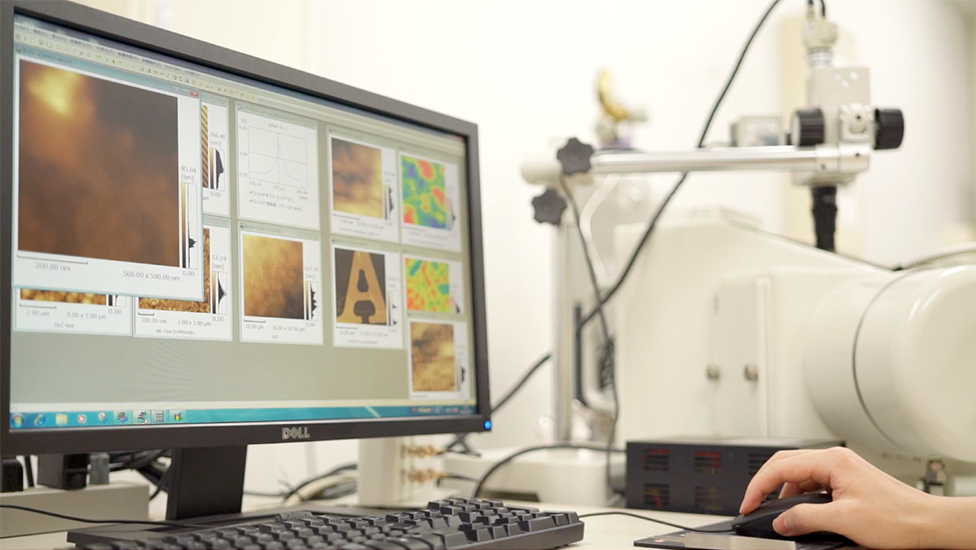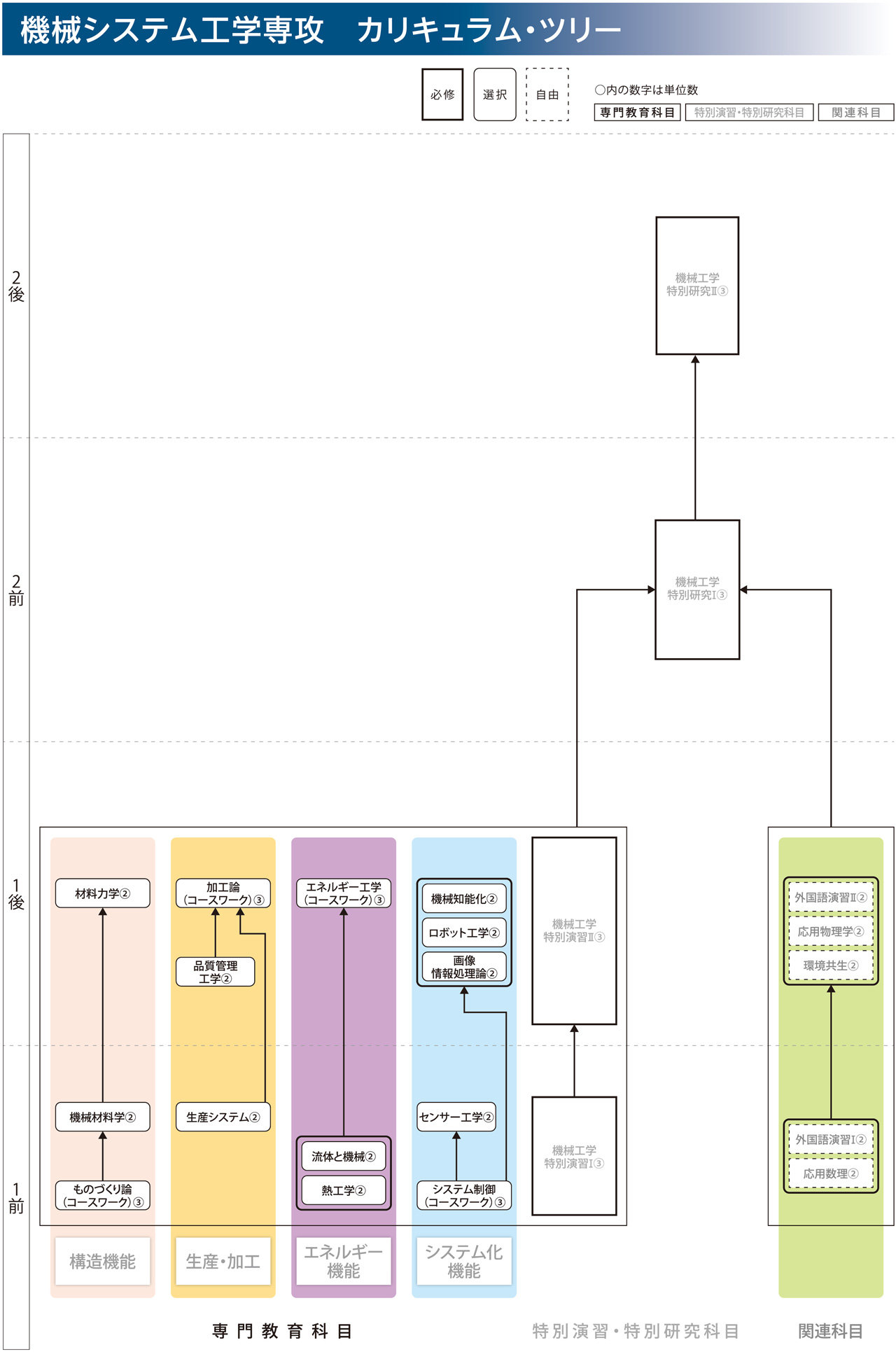- Faculty of Engineering
- Department of Electronics and Computer Engineering Department of Electrical Systems Engineering Department of Mechanical Systems Engineering Department of Intelligent Mechanical Engineering Department of Civil and Environmental Engineering Department of Architectural Engineering
- Faculty of Applied Information Science
- Department of Computer Science Department of Information and Communication Department of Information Systems and Management
- Faculty of Environmental Studies
- Department of Architectural Design Department of Global Environment Studies
- Faculty of Life Sciences
- Department of Clinical Engineering Department of Food Sciences and Biotechnology
- Graduate School
- Major in Intelligent Structure and Functional Science Major in Electrical and Electronic Engineering Major in Mechanical Systems Engineering Major in Civil and Architectural Engineering Major in Information Systems Science Major in Environmental Studies Major in Biological and Biomedical Engineering
Graduate School
Master's Program
Graduate School of Science and Technology
Major in Mechanical Systems Engineering

Producing mechanical engineers and researchers equipped to handle the industrial society of the 21st century.
In today’s mechanical world, there is a strong need for greater functionality, efficiency and reliability derived from the incorporation of “information functions.” This major builds upon the mechanical engineering foundations students acquired as undergraduates, focusing on the four educational areas of “Structural Functionality,” “Production and Fabrication,” “Energy-related Functionality” and “Systematization-related Functionality” to cultivate mechanical engineers and researchers equipped which the expertise and ample creativity necessary to handle the future needs of society.
Areas of Study
-
Structural Functionality
This area of study is focused on theory and application related to the improvement of mechanical and material structural functions and characteristics, the development and design of new materials, etc. Students will pursue materials science, mechanical materials science, strength and fracture of materials, advanced materials science and other disciplines relevant to the exploration of such topics as the relationship between material structure and strength characteristics, the application of surface modifications for structural and functional materials, the analysis of mechanical behavior and assessment of safety in new and composite materials, and the utilization of advanced materials possessing ultra-environmental properties which stand up to corrosive, ultra-high/ultra-low temperature, etc., environments.
-
Production and Fabrication
This area of study is focused on theory and application related to new fabrication technology development and application, production control and operation systems streamlining, etc. With the aim of facilitating production process optimization, students will research such topics as how to improve the sophistication and efficiency of fabrication machinery, how to optimize the fabrication process, and how to go about designing production systems capable of handling a diverse range of products.
-
Energy-related Functionality
This area of study is focused on theory and application related to energy utilization, conversion efficiency improvement, new systems development, etc. Through basic problems of fluid engineering and applications to fluid machinery; problems related to thermal engineering, heat transfer, combustion, etc.; and heat motor-related topics, students will research the efficient utilization of fluid and thermal energy and the efficient conversion of energy.
-
Systematization-related Functionality
This area of study is focused on theory and application related to advanced precision control-related equipment and intelligent systems development, among other topics. Student research will begin with mechanical systems modeling and control laws and extend to actual system measurement and control support. Particular focus is put on mechanical structure vibration control; modeling of complex, large-scale systems; robotic systems control; and control system design and intelligent technology.
Curriculum

Japanese only






